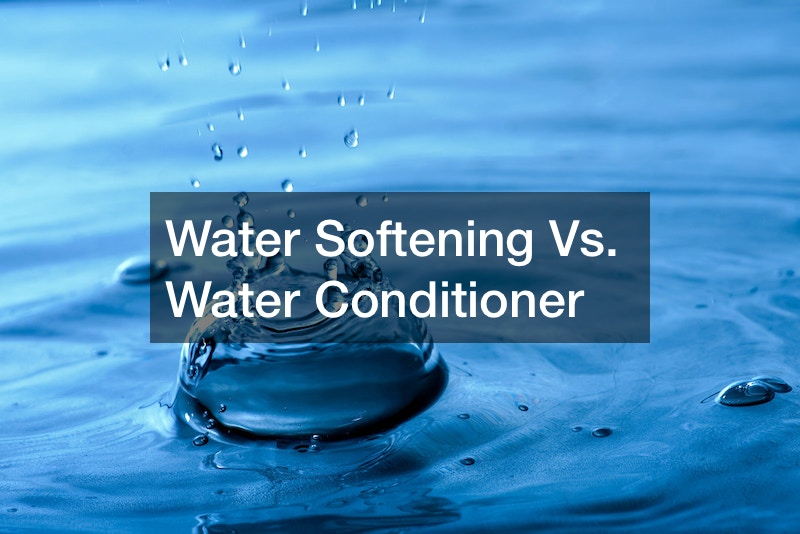

Curious about the contrast between different water softening system approaches, like salt-based water softeners and water conditioners? Water conditioners, unlike hair conditioners, utilize Template Assisted Crystallization (TAC) to convert hardness minerals into crystals, preventing them from adhering to surfaces and causing scaling. While water conditioners maintain the water taste and nutrient content without resorting to salt, their efficacy is limited to preventing scale, leaving other typical hard water issues like soap residue, lathering difficulties, and unusual tastes in water and food.
Moreover, there are further disparities: water conditioners often encompass whole-house filters, resilience against chlorine, and eco-friendliness due to the absence of backwash disposal concerns.
Conversely, water softeners introduce sodium into water, which might be a concern for individuals adhering to low-sodium diets, prompting the consideration of supplementary solutions like reverse osmosis add-ons. While water conditioners suit low to medium hardness levels, up to 120 ppm, water softeners remain the optimal choice for addressing higher hardness levels effectively.
Ultimately, the advice provided suggests opting for water conditioners for low to medium hardness levels, primarily for scale prevention, while advocating for water softeners in cases of high water hardness, offering a comprehensive and enduring solution for various household purposes. Cheers to making informed decisions about water conditioning!.





